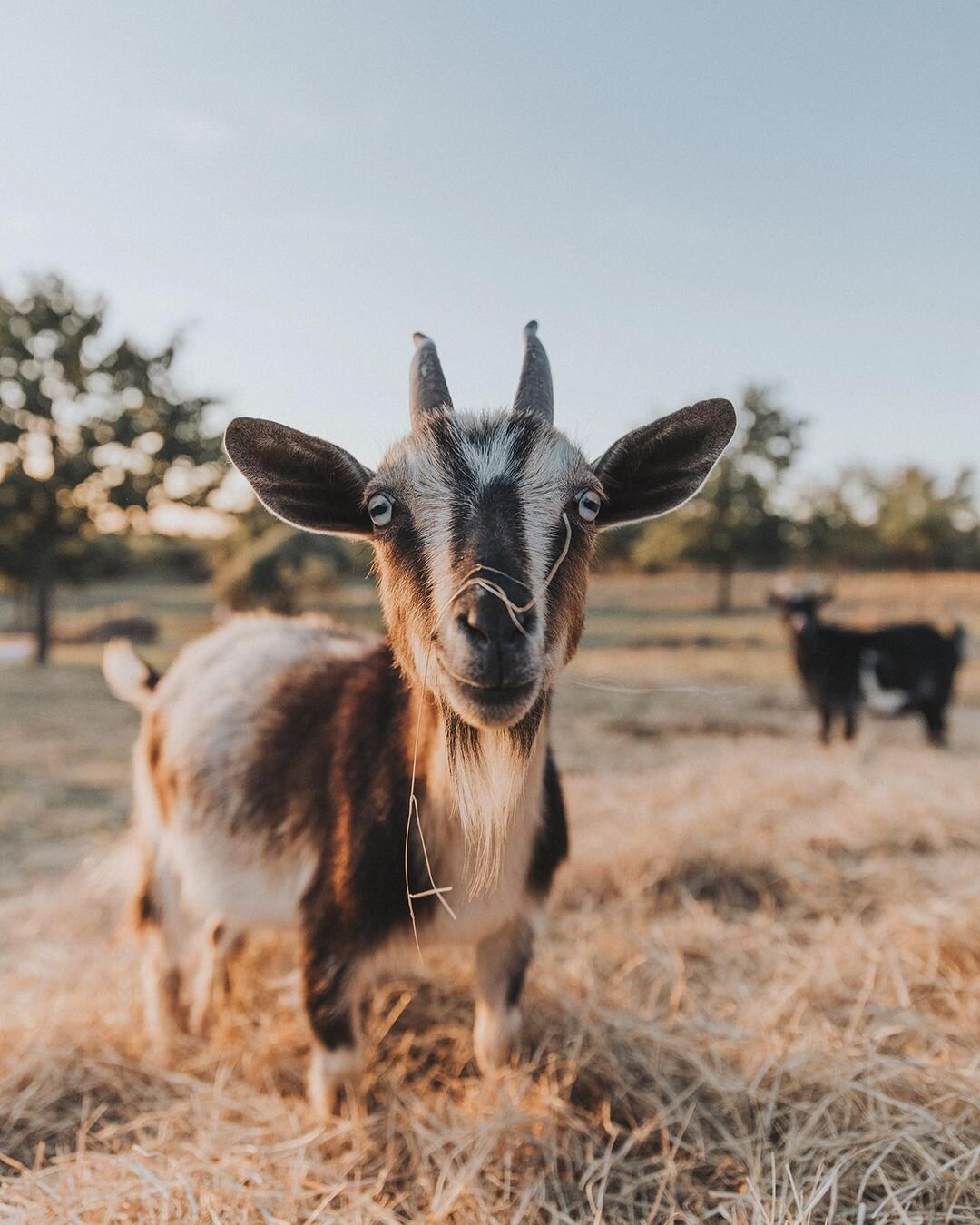The Goat Industry
While goat meat or milk is deemed unusual or even exotic within the US, it is much more common throughout the rest of the world with Australia being the largest exporter of goat meat in the world, the majority of it going to the United States.
Goats are farmed for dairy in much the same way as cows, repeatedly impregnated to ensure a continuous supply of milk. Goat’s milk is marketed as a more easily digestible alternative that is suitable for people with allergies to cow’s milk. More people worldwide drink the milk of goats than any other animal. In Australia, where goat farming is more common than in the US, it is still a niche industry with only 65 farms.
The male kids, unable to ever produce milk, are generally considered waste products to the industry and killed on farms shortly after birth, though some farms will raise and sell their excess goats for meat. The female kids are grown to become milk producers themselves.
The lactating mothers are milked twice a day for up to ten years before slaughter at their peak, producing 4 liters of milk per day to be sole fresh or turned into cheese, butter, ice-cream, yogurt, and soap.
Only 10% of goat meat comes from goats that are bred and farmed for it; the rest are from rangeland goats, a wild breed originating from escaped domestic goats brought to Australia by European settlers. These free-roaming goats are captured and transported to feedlots, known as goat depots, where they are fattened prior to slaughter. Pregnant animals being sent to slaughter is not uncommon, and inevitably some will give birth on the transport trucks or in the holding pens shortly before they are herded to the kill floor, with their babies left to die from starvation or extreme heat exposure, calling out to their dead mothers.
The slaughter process of goats is similar to that of sheep. They are stunned, throats slit, and sent to the rest of the meat processing process.
In the US, goats are not typically thought of as someone we eat or exploit. They are the fun animals we get to see at petting zoos or on family farms; they are animals we live alongside when it is convenient. And maybe it is because goat farming isn't common here, but that isn’t a reason to be ignorant of the fact that this is happening to them.
AustralianPigFarming, director. Dominion (2018) - Full Documentary [Official]. YouTube, YouTube, 9 Oct. 2018, www.youtube.com/watch?v=LQRAfJyEsko&t=1403s.
images @sfisherx


